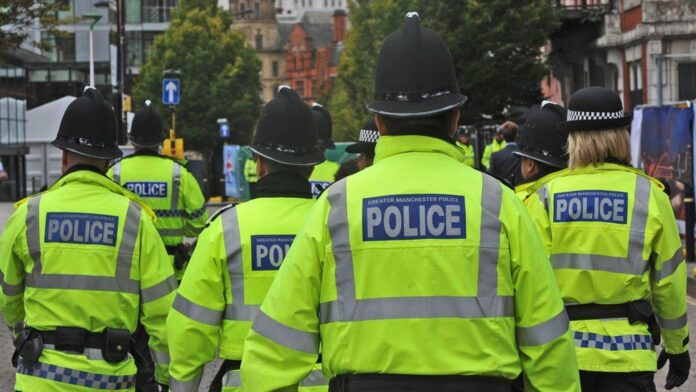A damning report published today says that Greater Manchester Police (GMP) is still failing to respond effectively to vulnerable victims of crime, four years after concerns were first raised.
In 2017, Her Majesty’s Inspectorate of Constabulary and Fire & Rescue Services (HMICFRS) reported that GMP was failing to respond appropriately to vulnerable people, such as domestic abuse victims. This included routinely failing to attend incidents within an appropriate timescale.
HMICFRS revisited GMP in 2019 and 2020, and on both occasions found that the force was still failing in this area.
In the last few weeks, HMICFRS has again inspected GMP. The inspectorate found that the police force had again failed to make the expected improvements.
The inspectorate said GMP does not respond to emergency or priority incidents within the timescales it has set itself, with significant delays in attending incidents where vulnerable people are at risk.
In too many important respects, the force cannot routinely respond to emergency and priority incidents within the timescales it has set.
We reviewed a number of incidents where vulnerable people were at risk and found that there were significant delays before the police attended. The force attends under a third of incidents that should be responded to within an hour. Some victims wait for several days, in some cases over a week, and in most cases, the force doesn’t contact the victim to explain that there is a delay. Some of these incidents had been closed without any police response being deployed.
The force has recently introduced the THRIVE risk assessment tool so it can prioritise calls from the public. However, in too many respects the force fails effectively to prioritise its significant backlog of calls awaiting police response. We found over 2,700 during our inspection.
The force fails to adequately and regularly reassess this volume of calls to prioritise the most vulnerable. Where the initial risk assessment had been reviewed, we found examples where the force hadn’t followed its own policies. Sometimes the incident risk had been downgraded without a sufficiently valid reason being recorded. The force does have a policy to escalate incidents when response targets have been missed, but this is insufficiently effective because of the size of the backlog.
The way the force grades incidents to decide how long it should take to respond is not sufficiently compatible with the THRIVE risk assessment tool. As a result, some incidents are wrongly assessed as needing a prompt police response and the force is less able to attend more serious incidents.
The force doesn’t have a sufficiently effective system in place to respond to calls from the public, regularly relying on overtime and diverting officers from other important tasks. The force doesn’t fully and properly understand the demand it faces so it can’t always effectively allocate the resources it needs to respond to these calls.
The high workload is significantly adversely affecting control room staff. Sickness is already high and staff feel stressed and unsupported. It’s difficult for the force to identify wellbeing problems early as no regular one-to-one conversations are set up with staff and there are insufficiently effective arrangements in place to assess, manage and develop staff performance.
As a result, HMICFRS is concerned about public safety in Greater Manchester.
HMICFRS has made several recommendations, including that GMP should immediately improve its capability and capacity to deploy resources to incidents that require either an immediate (15 minutes) or prompt (1 hour) police response.
Her Majesty’s Inspector of Constabulary Andy Cooke said:
“Greater Manchester Police has a critical duty to keep the public safe, and vulnerable people deserve the very best service. Whilst accepting the very recent positive approach to improving the performance of the force, I am deeply concerned that GMP has consistently failed to make significant improvements in how it responds to vulnerable victims of crime.
“We told Greater Manchester Police to make these improvements in 2017, yet it has still not made sufficient progress. It has now reached the point where we are concerned about public safety in Greater Manchester.
“The people of Greater Manchester will rightly expect their local police force to do all it can to protect them from harm. We will therefore be closely monitoring the force’s performance to make sure that public safety comes first.”
After failing to make sufficient improvements, GMP has been issued with a cause of concern. This process can be accelerated, meaning the cause of concern is published in advance of the full inspection report. This happens when a police force’s failures raise concerns about public safety – as is the case with GMP.







